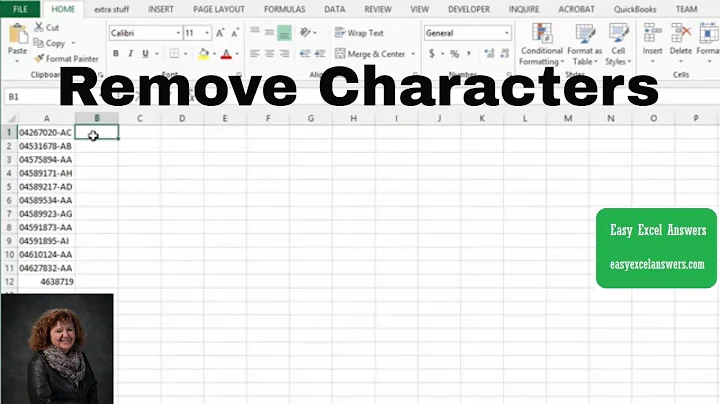Batch – Delete Characters in a String
First of all, don’t use path as a variable name.
Windows Command Prompt
(unlike most components of Unix, including the shells)
treats variable names in a case-insensitive way,
so path is the same as PATH, which is your execution search path,
and if you assign something random to that, you’ll be in a world of hurt.
Use the %variable:str1=str2% form.
(I presume that you know that set /? documents these forms.)
This one is substitution:
C:\> set play=food
C:\> echo %play:foo=bar%
bard
C:\> set animal=cat
C:\> echo %animal:at=ow%
cow
This supports a very limited pattern-matching capability;
%variable:*str1=str2% will find and delete
everything up to and including the first occurrence of str1
and replace it with str2.
In particular, %variable:*\=% will replace
everything up to and including the first \ with null.
E.g., if %pathname% is C:\Windows\Example\001 Example\005 Example,
then %pathname:*\=% will evaluate to
Windows\Example\001 Example\005 Example (without the C:\).
If your pathname will always have four levels, you can do
for %%I in (%pathname%) do set tempname=%%~I
set tempname=%tempname:*\=%
set tempname=%tempname:*\=%
set tempname=%tempname:*\=%
set tempname=%tempname:*\=%
set basename=%tempname%
echo %basename%
The for statement is a bit of a kludge.
It’s a loop that is guaranteed to execute exactly once
with index variable %%I set to the value of %pathname%1.
Then it assigns %%~I to tempname.
%%~I is the value of %%I (i.e., the value of %pathname%)
except, if that string begins and ends with quote (") characters,
they are removed.
If you’re sure that %pathname% doesn’t begin and end with quotes
(e.g., because you’ve already done this, or something equivalent),
you can skip this step and just start by saying set tempname=%pathname%.
If the pathname has an indeterminate number of levels, do
for %%I in (%pathname%) do set tempname1=%%~I
:loop
set tempname2=%tempname1:*\=%
if not %tempname1% == %tempname2% ( set tempname1=%tempname2% & goto loop )
set basename=%tempname1%
echo %basename%
which loops until there are no \s left.
______________
1
Actually, its behavior may be more complex if %pathname% is null (empty),
or if it contains wildcard (pattern-matching) characters like ? and *.
There may be other peculiar cases that I haven’t found.
(Please let me know if there’s a cleaner way to deal with quotes.)
Warning: I’ve observed %variable:str1=str2%
to behave oddly if %variable% is null.
Related videos on Youtube
NvyxMarx
Updated on September 18, 2022Comments
-
NvyxMarx over 1 year
For example, I have the following path:
"C:\Windows\Example\001 Example\005 Example"I must extract the"005 Example"from this string. I've tried it with"set path=%path:~0,11%", but the path can also be"C:\Windows\Example\001 Example\005 Example_2"What I need is to cut the string after the last "\"
How can I do this?
-
 Scott - Слава Україні over 7 yearsYour question is a bit confusing. How does
Scott - Слава Україні over 7 yearsYour question is a bit confusing. How does%path:~0,11%help you get005 Example? It looks like it is designed to get"C:\Windows.
-
-
NvyxMarx over 7 yearsThanks verry Much.
set tempname=%tempname:*\=%was what i searched for.




